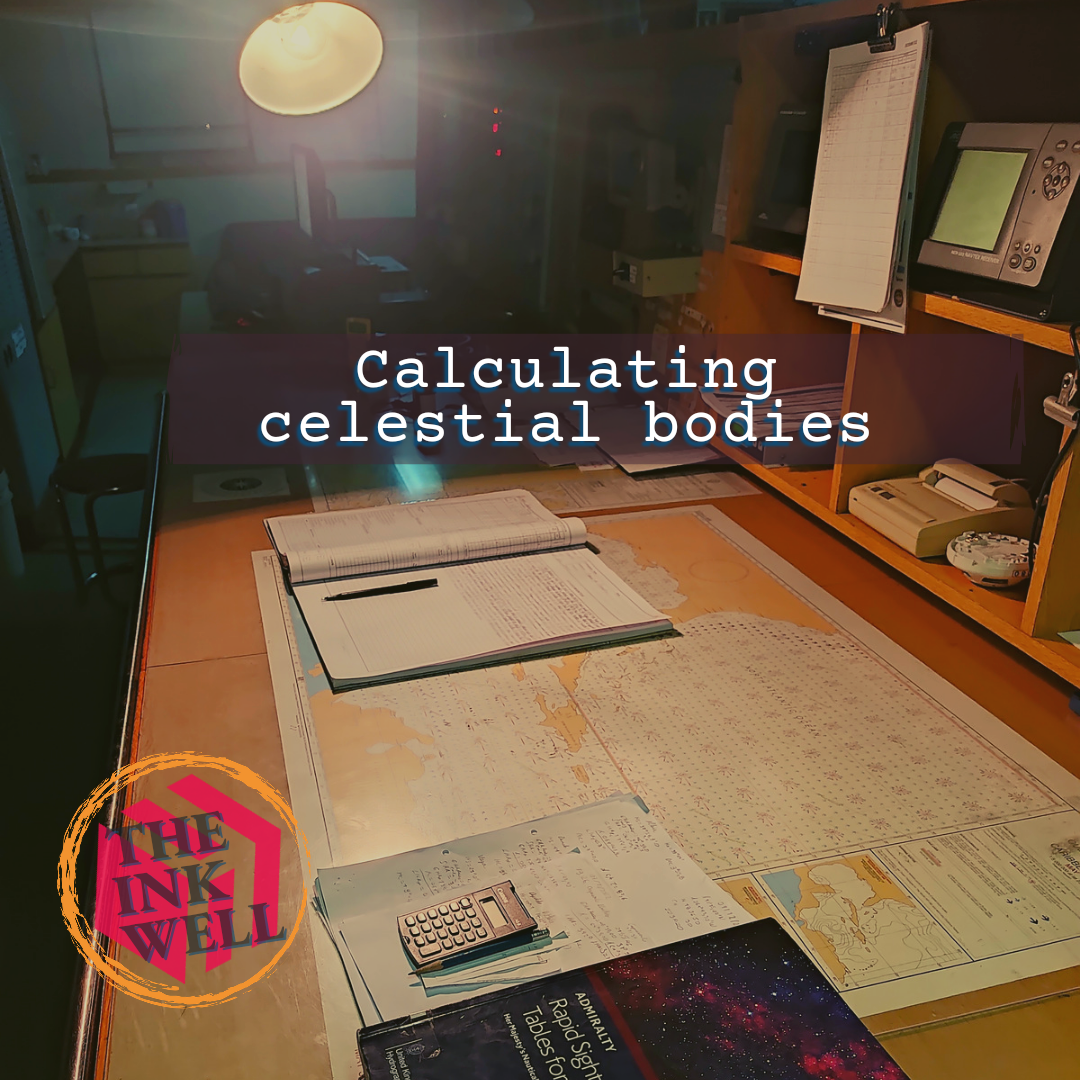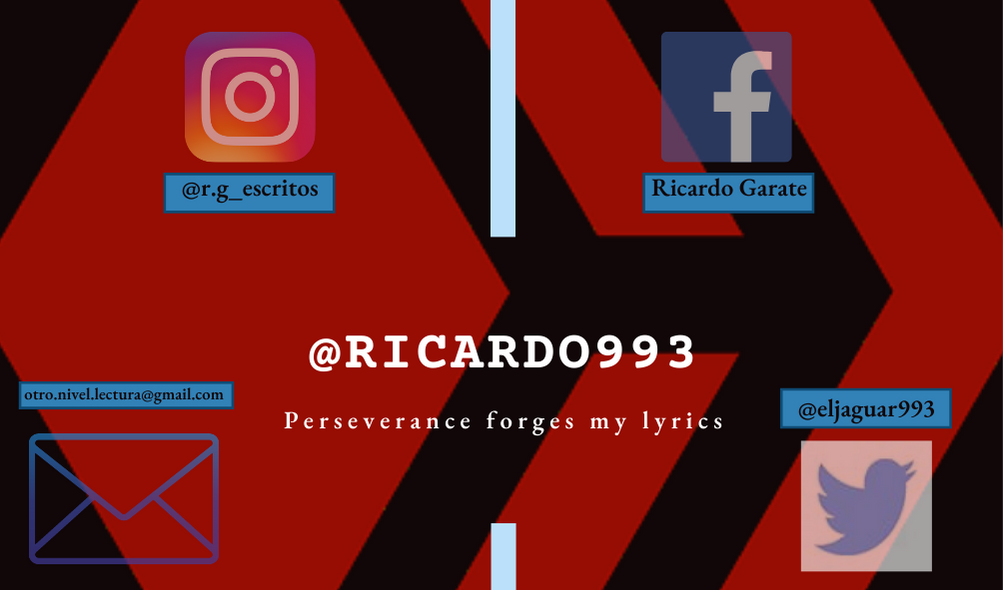Calculating celestial bodies
hive-170798·@ricardo993·
0.000 HBDCalculating celestial bodies
  “Few officers know the art of astronomical navigation.” The third officer watched his cadet attentively. “Not many consider it an important subject because it involves a lot of mathematics and trigonometric formulae. So they are not interested.” The cadet was shaking with excitement. Ever since he had embarked, he had wanted to meet someone who could teach him about astronomy, he wanted to know how to use the sun and the stars to find his position on the globe. After asking so many questions, he was told not to waste his time. There were even captains who knew about navigation but were unwilling to explain. But here he was, an officer who knew, who, like him, was interested in astronomy and was a third mate. Usually, it was the second mates who knew that art, but he had had no luck with any of them. “Very well. First of all, the instruments necessary for calculating the stars are these," and the officer showed him a box containing the sextant, the nautical almanac, and other publications that he did not know were useful for positioning. “These Sight Reduction publications are tables with the calculations already tabulated, you don't have to do anything at all. All you have to do is look up the values.” “Really?" said the cadet in disbelief. “I thought it would be something more complicated and intimidating.” The third one was fun. “Yes, it's that simple and boring. Sure, you can do the calculations yourself, no problem” he pointed to the books again. “But these guys are going to make your life easier, and the time it would take you to do the calculations, you could do it in ten minutes just by knowing how to do some simple addition or subtraction of degrees.” They opened the mahogany box. Inside was the sextant, consisting of its frame, telescope, micrometer, and shadow and horizon mirrors. It was a misunderstood instrument that the cadet had only seen in books and pictures. It was used to measure the angle between the stars and the horizon. “You must be very careful with this equipment, it is delicate," the officer pointed out, showing it to him. “This equipment has some errors that you have to compensate for to be able to make the observation. They are index and mirror errors.” He took out a small key. “This little thing is used to adjust the mirrors and minimize the error to zero.” The boy watched as he made adjustments to the sextant to get it ready for the observation. While he was making the corrections, he showed him how he was seeing through the sextant, where before there were two figures, but now there was only one. “This way you will see that you are doing it right," said the third. “Now, when you observe the star, you will bring it down to the horizon. You will touch it with the upper or lower end of the horizon and then you will have the height of the sextant.” The cadet felt he was taking in too much information, lost in the third man's explanations about finding the true observation, and the many corrections he had to make to find it. Including the altitude correction, the height of the observer's eye, and others, the mind condenses at the thought of so many corrections. “Am I going too fast, boy?” The cadet nodded dazedly. “Now there is still much to learn” The third smiled amusedly, it was obvious that he was enjoying explaining the subject. “We have not yet reached the part about GHA, LHA, SHA, or declination, or because there is declination, what is an azimuth, and what is the zenith or the nadir? Still to come, kid.” “Is all this compressed in these books? I feel that there is much more.” They drank coffee while looking at the majestic astronomy books. “I also think the gyrocompass error calculation is missing.” “That is the simplest part of this whole mess,” the third one put the half-empty coffee cup on the table in defeat. “The method I am going to explain to you is employing tables. But there are an infinite number of methods for calculating the stars and the sun. All of them were devised by mad navigation enthusiasts.” “Is astronomical navigation true navigation?” “There is no such thing as true navigation, cadet. They are estimates. Even though the GPS is getting more accurate every day, there is still a margin of error. You are always trying to estimate the most accurate position. But navigation is the art and science of getting a ship from point A to point B in the safest and fastest way.” The cadet couldn't contain his amazement. “When we set sail in three days, I will first teach you how to make observations with the sun. Then, in the evening, I will explain the constellations and how to use them to find Polaris, the North Star” The third scratched his chin, he was excited himself. It was a meeting destined to happen. A cadet who wanted to learn what he had enjoyed learning as a cadet. He too had found it difficult to learn this art, he had to do it on his own. No captain or officer would deign to explain it to him. He had to read the Sight Reduction and summarise it to make it understandable. He had to make that summary on his own so that he could assimilate it better and so that others could learn it more easily. He used the sextant a thousand times by reading the instructions he got from the internet. The information was valuable and he did not forget it, he perfected it. Every time he set sail, he checked the bridge publications and examined the sextant. Several times he had problems with a stupid second mate who did not understand the value of this history-laden instrument. “The sextants are still carried on board because if the ECDIS, the gyrocompass, the radars, in fact, all the electronic navigation equipment, fails. Even if the emergency generator fails. You would still have to use astronomical navigation, which is called emergency navigation.” “I didn't know about that, officer. Surprising,” said the boy in astonishment. “It makes sense why sextants are still on ships, they're such old equipment.” The third nodded proudly. “Exactly.” The officer showed him the map. He taught him to estimate his position from the course laid down and to make his observations more accurate. “I love astronomical navigation” said the deck cadet. As darkness fell and the stars began to appear in the sky, the two young men walked back and forth on the bridge. The third radiated joy and talent, while the cadet eagerly absorbed as much as he could. This could become a fine tradition.   <center><sub>Cover taken with Xiaomi Redmi Note 9 S and Banner made in Canva; Separators made in photoshop</sub></center>
👍 dearw, ricestrela, sbi3, davincix, hivebuzz, cwow2, sd974201, theinkwell, dbzfan4awhile, felt.buzz, sunravelme, popurri, adoore-eu, ricardo993, warpedpoetic, morey-lezama, letalis-laetitia, nocturnus, abkevwe, apeboy, cescajove, danokoroafor, deraaa, hazmat, ruchial, buezor, theawesononso, elentiyaroberts, drstrings, arduilcelebren, kemmyb, sapio-lady, b0s, liverpool-fan, kneelyrac, jayna, stormlight24, nobyeni, nichebezarius, marynn,